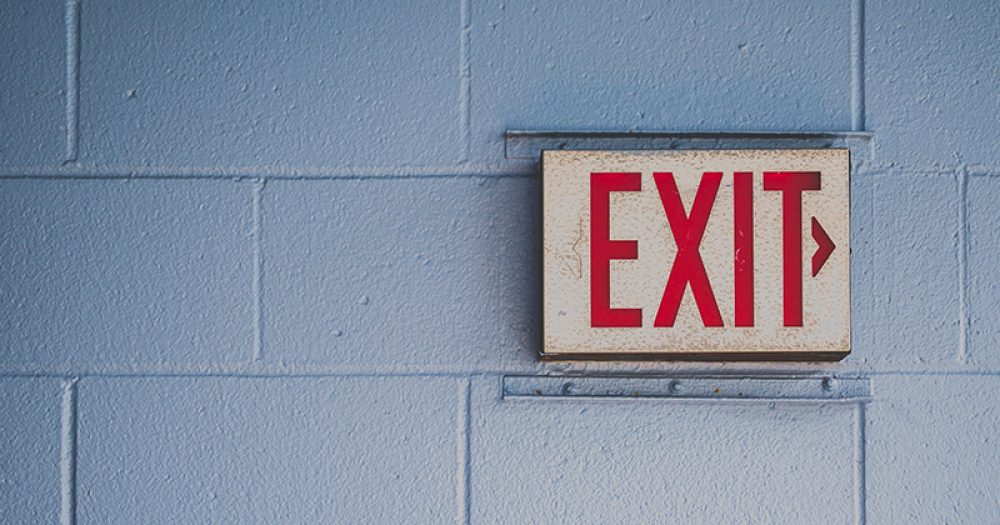Suspensions from schools reached their highest rate in at least six years last autumn, new data shows, but permanent exclusions are still not yet back to pre-pandemic levels.
Poorer pupils, those with special educational needs and members of the Gypsy and Roma community remain more likely than their peers to be excluded or suspended from school.
The Department for Education has started publishing termly data on suspensions and exclusions, meaning data for last autumn term is available earlier than it would usually be.
The statistics show there were 183,817 suspensions – previously known as fixed period exclusions – last autumn, equivalent to 221 suspensions for every 10,000 pupils. This is the highest level since current records began in 2016.
Exclusion rates are generally higher in the autumn term, and the rate of suspensions had been increasingly steadily, from 162 per 10,000 pupils in autumn 2016 to 217 in 2019.
However, the rate fell again to 194 in autumn 2020, which the government has put down to the Covid pandemic.

The number and rate of permanent exclusions had not gone back to pre-pandemic levels last autumn, however.
Today’s data shows there were 2,097 permanent exclusions last autumn, equivalent to three per 10,000 pupils. This is below the 3,167 exclusions, or four per 10,000, in autumn 2019.
The most common reason for permanent exclusions was persistent disruptive behaviour (31 per cent), followed by physical assault against a pupil (16 per cent) and verbal abuse or threatening behaviour against an adult (13 per cent).
Persistent disruptive behaviour was also the most common reason for suspension (41 per cent), followed by verbal abuse or threatening behaviour against an adult (17 per cent).
Poorer pupils, SEND and Gypsy/Roma children most likely to be excluded
Boys continue to have higher permanent exclusion and suspension rates than girls.
Pupils eligible for free school meals were almost four times more likely to be suspended, and around seven times more likely to be permanently excluded than their better-off peers.
Pupils with special educational needs and disabilities (SEND) had suspension rates of over 600 per 10,000 pupils, compared to 144 for pupils with no SEND. Pupils with SEND but without EHCPs also had the highest permanent exclusion rate of eight per 10,000 pupils.
Gypsy and Roma pupils had the highest permanent exclusion and suspension rates – 12 and 917 per 10,000 pupils – of any ethnic group, with those of Irish Traveller heritage the second highest.
Indian and Chinese pupils had the lowest rates of permanent exclusions and suspensions respectively.
The permanent exclusions rate was highest in the north west (four per 10,000 pupils) and lowest in the south east and London (one per 10,000 pupils).
The suspensions rate was highest in the north east (343 per 10,000 pupils) and lowest in outer London (130 per 10,000 pupils).









Your thoughts